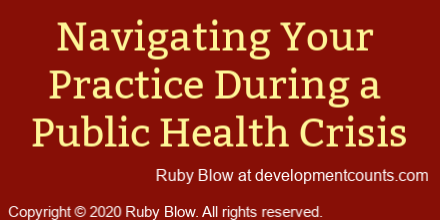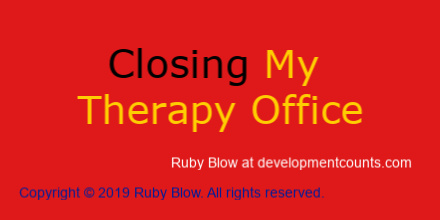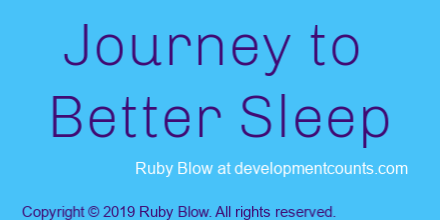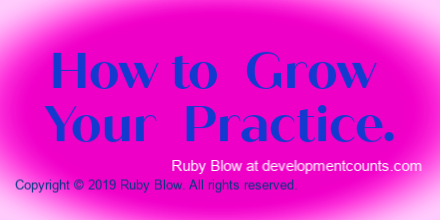Generation X
I’ve been diving deep into the world of social media for both personal and professional reasons. As a Generation X’er I still remember and value privacy. It was less than two years ago when I thought, “I don’t get it…why are people sharing with each other online and talking about personal things?”
As a person who writes, creates and is interested in innovation, I am fascinated by the role that social media plays in life based on the following factors:
- age;
- race;
- gender; and
- business vs professional use.
The Case of the Teen Whose Friend Was on the Phone
Just last week I participated in a dialogue about a case where a teenager was upset because her friend was on her phone engaging with technology/social media while they were spending time together in person.
As therapists we teach assertiveness when someone is having an interpersonal problem. We instinctively move toward helping our clients express themselves to the person in their life. In this case, the teen (client) wanted her friend’s attention and perhaps even felt disrespected. Many adults and clinicians would likely agree with her sentiments: “How dare someone look at their phone and not make eye contact?!” We might even help her become a good “adult” and tell her friend how it makes her feel and ask her friend to “stop.” But if we take into consideration age and gender, it is likely that approach would leave her further alienated from her friend(s).
For a teenager, social alienation is particularly devastating. The challenge is that developmentally her lack of shared engagement on social media with friends even in person may be just as important a factor in her development and socialization as a her ability to set limits with her friend(s).
This is not to say that there aren’t other risk factors like bullying and social aggression online. But those same things exist in person. We live in a time where we have to help people, especially young people who deal with all of those things.
We cannot shield teens – nor ourselves – from the technology era; we cannot place them at a disadvantage by refusing to understand, engage with or explore this medium. The world as it is evolving will and does require a multitude of social skills. So where is the social media and technology related social skills training?
Teleconferencing
I say technology related because just last week I needed to use a teleconference line for 3 of my supervisees to join a supervision group that was meeting at my office. Because I used to teach online seminars in a graduate program and we used teleconference lines…I am aware that participants need to be directed to do the following:
- to mute when they aren’t talking;
- to un-mute and say their name before speaking so that others know who it is talking;
- that I need to check in occasionally to allow them a chance to state a question, since they are not in the room and can’t be seen raising their hands or gesturing to interject.
The list goes on.
Psycho-Social Assessment
As it relates to the role of social media and technology that plays in one’s life, it is past time for questions to be included in the psycho-social assessment. Questions like:
- How much time do spend each day (weekday, weekend) with technology including:
- streaming TV?
- gaming (apps and consoles)?
- texting?
- video calls?
- social media (and ask which platforms/apps)?
- What do you get out of or gain from your use?
- What concerns do you have (if any) about your use?
- How does it impact your relationships?
- If you’ve chosen not to engage…why?
- Do you need to be involved with social media & technology for work etc…
- Deeper than general information what is the degree to which people share online and what their online vs in-person persona is?
I’ve heard of at least 3 cases this year that involve teens faking profiles and basically leading double lives. Lives in which they engage as adults and are in risky situations.
Social Media and Well-Being
Many people are concerned that social media is alienating people from one another, that we are losing our ability to be with one another in person, etc…
My concerns are slightly different…I see more people coming together. Which also leads to more opportunity for comparison with others. Some people may feel less than, because at their core they feel alienated.
There also those who come together and connect…they develop deep bonds. They create like-minded groups and tribes and meet people with whom they share common interests.
People can see and share their lives in ways that feel tremendously supportive…but it is only to the extent that they bring a healthy mindset to their engagement.
You’ve talked to your clients about their life and their world (home, family, work, relationships). What do you know about their tech and social media world?
Copyright © 2016 Ruby Blow. All rights reserved.
Share your thoughts on Linkedin, Facebook, Twitter





